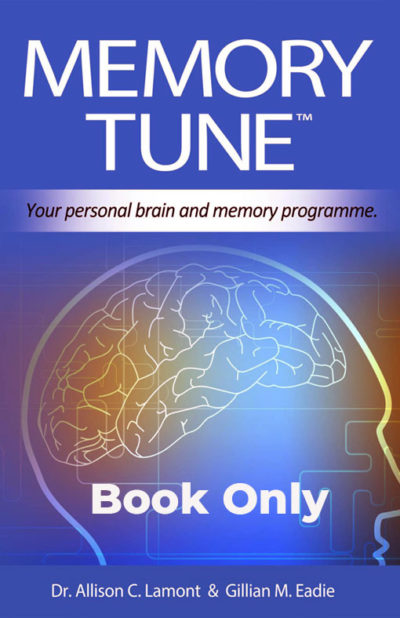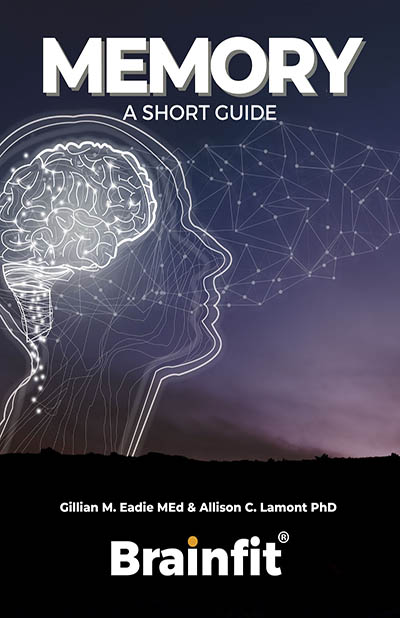Chess players exert a lot of cognitive effort.
After hours of play, they make more mistakes.
It takes them longer to make decisions.
The question is, why?
Why does your brain get tired?
Research suggests the answer lies somewhere in the left lateral prefrontal cortex (LLPC).
.png)
The prefrontal cortex is responsible for higher-level thinking.
- It’s what causes you to be inhibited.
- It gets shut off by alcohol and leads to impulsive behaviors.
- The LLPC, (MRI studies) shows reduced activity as people become more and more cognitively fatigued.
- The LLPC helps you think through choices.
- When more fatigued, this area of the brain isn’t working as well.
But why would it not work as well?
It doesn’t seem to be something simple, like glucose levels; that’s been investigated and glucose levels are pretty constant throughout the brain, regardless of cognitive task.
The study:
For more than 6 hours, volunteers performed cognitive switching tasks e.g. they were shown a letter, in either red or green, and responded with whether it was a vowel or a consonant, a capital or lowercase letter, based on the colour. If it’s red, say whether it’s a consonant or vowel. If it’s green, say whether it’s upper- or lowercase.
It was hard, and doing it for 6 hours was very likely to induce cognitive fatigue. The control group also did a task like this for 6 hours, but for them, investigators didn’t change the colour as often — perhaps only once per session. For the study group, they were switching colors back and forth quite a lot. They also incorporated a memory challenge that worked in a similar way.
Surprisingly. there were few significant differences in the levels of fatigue.
Then participants were asked to play a “would you rather” game, a reward game.
Would you rather:
- Have a 25% chance of earning $50 OR a 95% chance of earning $17.30?
- Earn $50, but your next task session will be hard or earn $40 and your next task session will be easy?
Participants had to decide the better odds when they are cognitively fatigued
Here there was a dramatic difference between the groups. The hard group were much more likely to pick the low-cost, easier choice as they became more cognitively fatigued. This result is interesting to apply to our own cognitive fatigue at the end of a difficult workday. Maybe you are likely to go with the flow and do something easy because you just don’t have that much decision-making power left.
The study also looked at two physiological changes – pupil dilation and chemicals in the brain.
When you pay attention to something, your pupils dilate a little.
As the hard group became fatigued, pupil dilation not only diminished, it also constricted a little. The pupils of the control group were still dilating.
Although not a strong correlation, it was statistically significant that the more glutamate in your LLPC, the more likely you are to just take the easy decision as opposed to really thinking things through.
Decision fatigue may well be your brain’s feedback loop saying, ‘okay, give this part of the brain a rest. Things have gone on too far here’. Rather than finding ways to adjust glutamate levels in the brain, maybe we should let the brain be tired if the brain wants to be tired. ….And maybe the act of a good night’s sleep is clearing out some of that glutamate in the LLPC, which lets you start over and make some good decisions again.’
F. Perry Wilson, MD, MSCE, is an associate professor of medicine and director of Yale’s Clinical and Translational Research Accelerator. His science communication work can be found in the Huffington Post, on NPR, and here on Medscape. He tweets @fperrywilson and hosts a repository of his communication work at www.methodsman.com.





Decision fatigue is very real, and I agree that a good night’s sleep works wonders.
You are so right! Your brain needs that rest time to process all of the complications of the day into the cortex so the new day can begin afresh.
I think I have always been aware that my brain could become tired. At school & at ‘varsity I was more of a last minute swotter and fortunately, at that time, I had no trouble sleeping. But these days (I am now 83) I am aware when I can’t think anymore, so it’s very helpful to know that maybe I need to go to bed!
I don’t like making decisions; never have. I’ve got a decision-making husband.
It’s helpful to know that research is saying exactly the same thing about sleep! Decision-making can be challenging. You probably recall in the past having a page divided into Pros and Cons where you tried to make a choice or to justify what you may already have decided what to do!
I think you are very fortunate Diana to have a ”decision-making” husband! I live alone and have done for some time. I have adult ”children” but they are busy so all the decisions that come along day to day must be made by —–”moi”! Sometimes I wish this wasn’t so but then I remind myself that having to think for myself is keeping my brain active and alive .
I like the idea of overcoming brain drain by sleeping all night. Alas once we turn ninety it’s well nigh impossible to sleep through. Like infants, our bladders demand use. I find a short snooze before dinner often helps. I also keep a novel beside the bed, so I can read if sleep is hard to find after such interruptions. I don’t read for long, sleep soon returns.
I like the ‘novel beside the bed’ strategy. And I have found talking books to be ideal, also. I usually wake up to find about 20 chapters have gone by without my hearing any of them!
Of course, one might not always agree with a decision made by someone else, so I guess there two sides of this solution. And yes, the executive function of the brain (Working Memory) is very involved in any decision making. All possible outcomes of a decision to be made are brought together and evaluated – even in such a simple decision as to where to park the car!
Hi Gillian, a comment re the cognitive left hand side of brain. I could relate to the tiredness involved, for a few years I was doing and saying and doing silly things and could not work out why. Then one day I was walking down some stairs and walked down half way and cannot remember walking the rest of the way, and ended up walking into a plate glass door, luckily that woke me up. Found out the next day after being sent for an urgent brain scan at MMH, and after 2 days they found it wasnt a neuro problem, I had a blocked carotid artery on that left side, so my brain was being starved of oxygenated blood and had been for approx 10 or 15 years the vascular consultant told me. I was at very high risk of a massive stroke at that time, had the operation to clear it, and am on the correct medication now thank goodness. So I joined your group and read your book which has helped me . I love the emails also.
Thank goodness they found it! Even though it took such a long time. It is always gratifying to receive real-life examples demonstrating what researchers found in their study pertaining to the left side of the brain. I’m so glad you are keeping up with the exercises and challenges!
After a stroke in 2007 I used to get tired to the level where I ended the day just reading, playing games etc. A neuropsychologist told me in 2019 to have a brain rest each day. This started as one hour, and over time has reduced to 30 minutes (varies). After the rest I get on with work, which before lunch was simply too hard. Brain rest may not be as dramatic for most, but really transformed my life.
I love the idea of a ‘brain rest’ each day. Thank you for this practical suggestion which will help others who try it, I am certain. Sometimes a walk into the garden for a few minutes, focusing on a new flower or the antics of a bird, does wonders for my brain when I have been spending too much time on the computer!
Gillian, I have been trying to do brain exercises in preparation for my over 75 years drivers licence. Included in the medical examination is an exercise given by an assistant of the doctor involving her reciting a number of names and then asking me to repeat as many as I can. This really threw me. I am now aware that I will undergo this and am concerned. Any suggestions regarding working hard to rectify this? I live alone so I have no one to time me with exercises.
Thanks for the advice you give me.
Hello Marion. This article by Brainfit Coach Bobbie Bryce will help you https://www.brainfit.world/drivers-test-doctor/ and you can try this little video training with words. https://www.brainfit.world/recall-words/ Sometimes the test isn’t single words but a sentence including a name of a person and a place. Make up your own sentences, write each one on a piece of paper, turn it over, leave it for an hour or so and then see how much you recall. It is all great brain practice! Best of luck!
Very lnteresting.
Glad this was useful! The brain is amazing, especially if we treat it well.